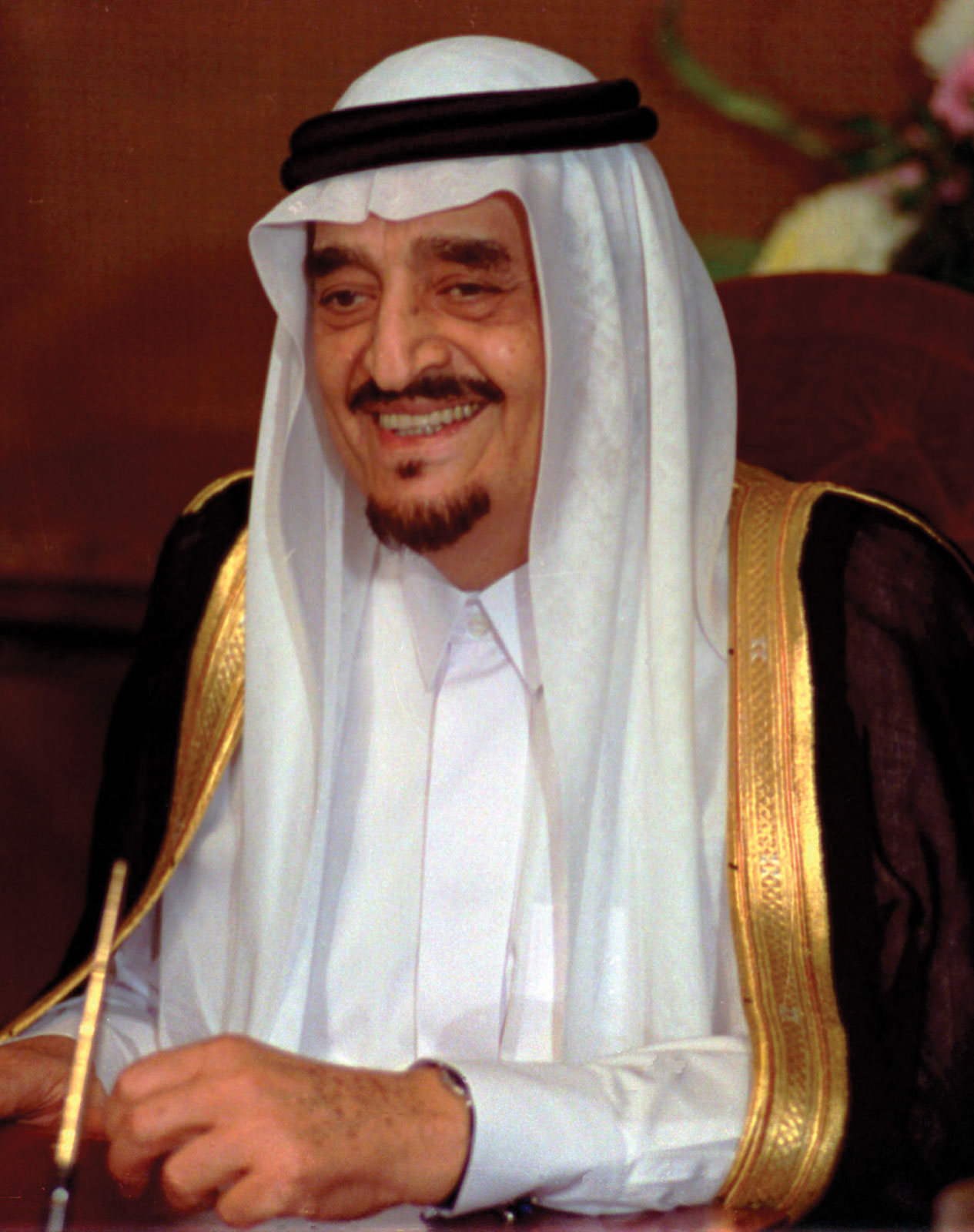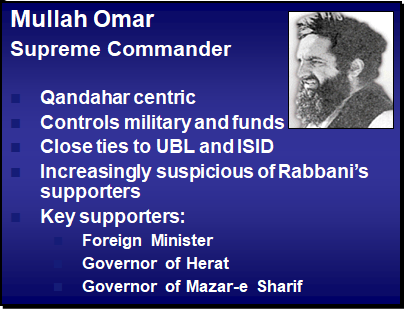
King Fahd of Saudi Arabia telephones George W. Bush to finally congratulate him on being elected president. The Saudi press release reads:
“Custodian of the Two Holy Mosques King Fahd bin Abdulaziz yesterday telephoned George W. Bush to congratulate him on his election as the 43rd President of the United States of America and wish him every success, stressing the deep-rooted historical relations between the two friendly countries. Deputy Prime Minister and Commander of the National Guard Crown Prince Abdullah bin Abdulaziz made a similar telephone call.
Earlier, King Fahd sent a cable of congratulations to the President-Elect, expressing in his own name and on behalf of the people and government of the Kingdom of Saudi Arabia best wishes for continued success and a good leadership of the American people. He confirmed the ties of friendship that bind the two countries and declared that the Saudi leadership looks forward to enhancing these relations for the sake of consolidating the bases of security, stability and peace not only in the Middle East but in the whole world. Crown Prince Abdullah sent a similar cable, as did Second Deputy Prime Minister, Minister of Defense and Aviation and Inspector-Gen Prince Sultan bin Abdulaziz.”
In Khobar, site of the June 1996 bombing of the U.S. military base, a terrorist bomb goes off, severely injuring a British citizen.
